Azzam Alwash
Can war end in environmental rejuvenation? It did for Iraq’s Mesopotamian Marshlands, believed by many to be the Biblical Garden of Eden. The marshes — straddled between the Tigris and Euphrates rivers that wind their way from Turkey’s eastern mountains through the desert plains of the Middle East — were systematically destroyed by Saddam Hussein’s regime during the 1990s. Though they had dwindled to one-tenth of their original size, many worked tirelessly to restore the marshes. And the man who championed this cause, Dr. Azzam Alwash, now works to spread his ‘Blue Revolution’ to the entire Tigris-Euphrates River Basin.
The son of a government hydraulic engineer, Azzam was born in Kut, Iraq, and grew up in Nassariya on the fringes of the marshlands. He left Iraq for the United States in the 1970s and earned his doctorate in geotechnical enginnering from the University of Southern California in 1988. In 2003, when Saddam Hussein’s regime fell, Azzam returned to Iraq to find a poisoned and barren salt desert. But through his determined efforts, Azzam helped to revitalize the marshes. In addition, he started Iraq’s first environmental nongovernmental organization, Nature Iraq; won the 2013 Goldman Environment Prize; and was central in establishing Iraq’s first national park in these marhslands in July 2013.
Next, Azzam hopes to start a regional water revolution where leaders “use water as a medium of healing, as a medium for reaching compromises instead of as a point of tension.” Can such a Herculean feat be accomplished? Azzam is unfailingly optimistic. The key, he says, is economic benefit: we must focus on mutual gains and cooperation, rather than political wrangling over water rights. “Of course, in a place where mankind has lived for 10,000 years, there are problems between neighbors,” he says. “But there is hope of bridging the distrust. Just like how we came up with the common market for Europe, we can come up with a common market for the Fertile Crescent.”
Circle of Blue provides relevant, reliable, and actionable on-the-ground information about the world’s resource crises.

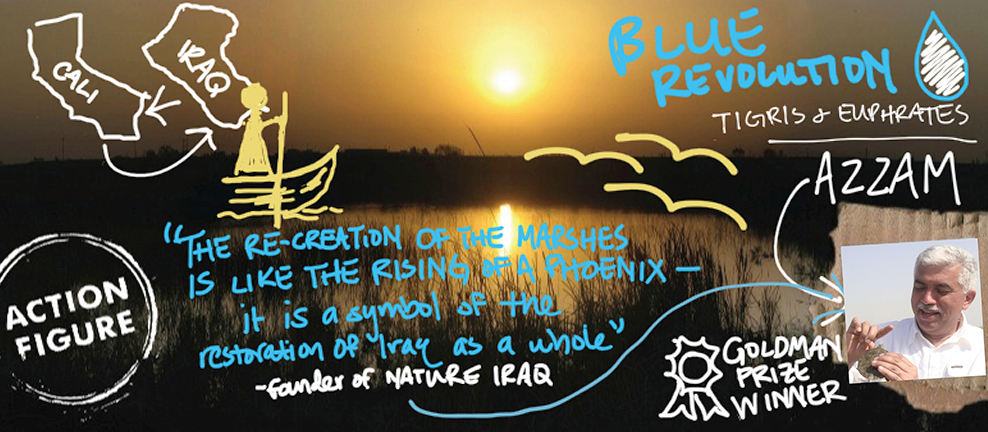
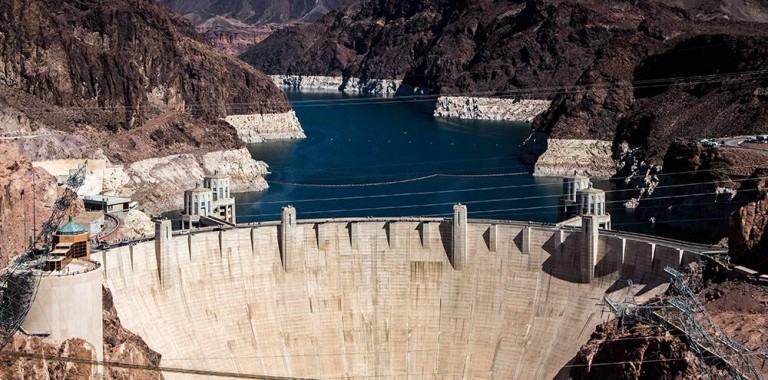
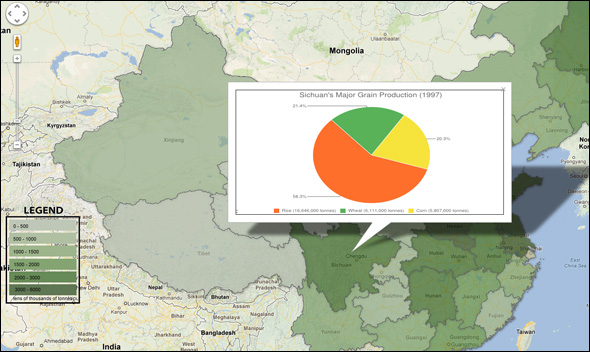
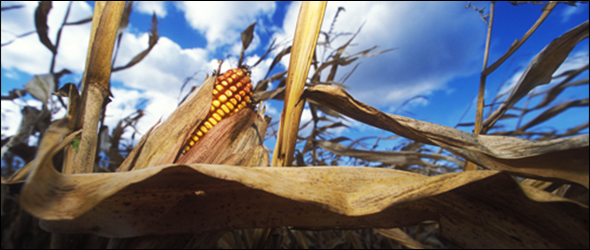
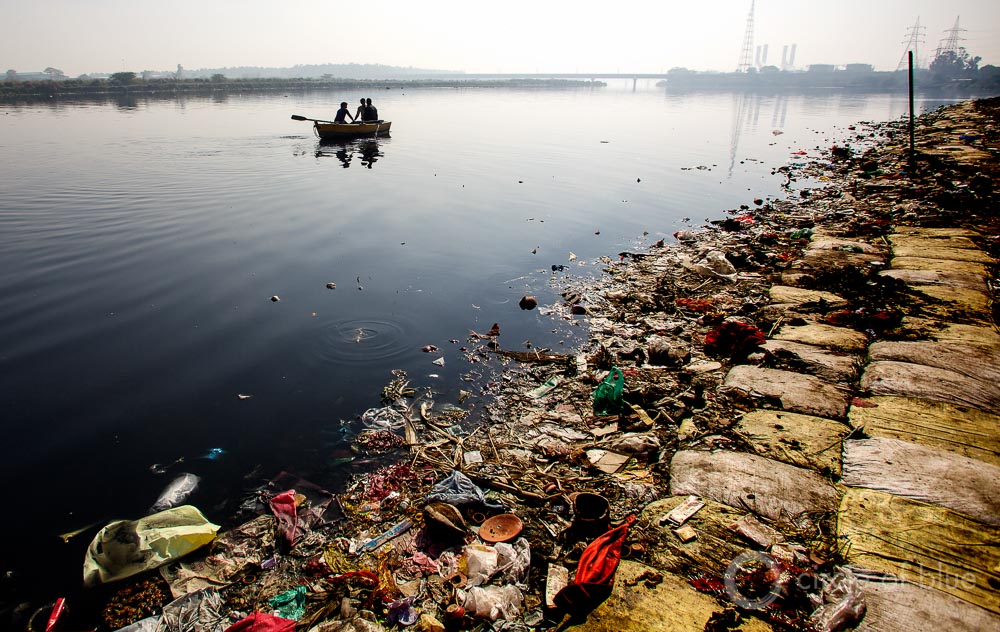
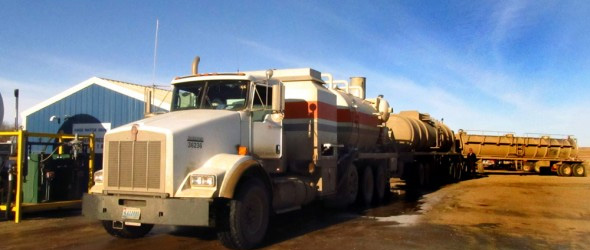
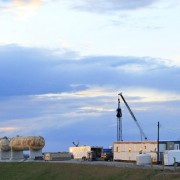



Leave a Reply
Want to join the discussion?Feel free to contribute!